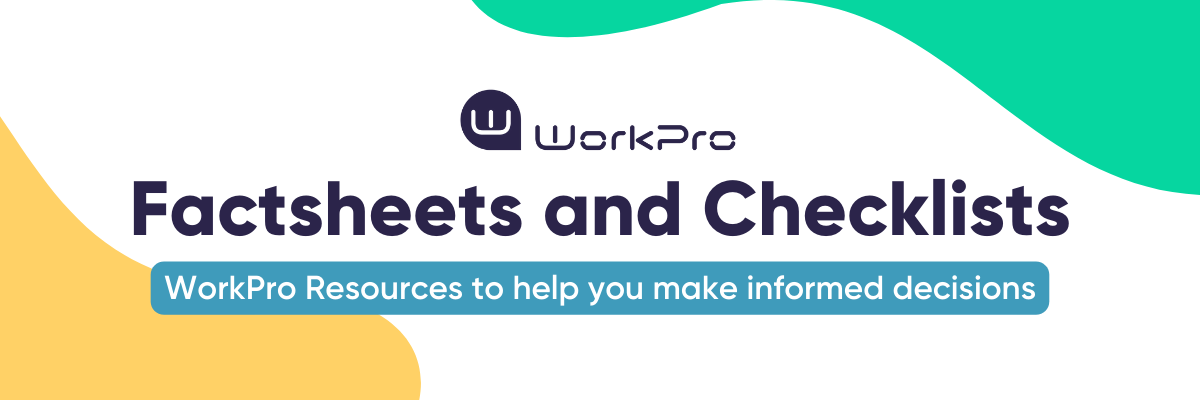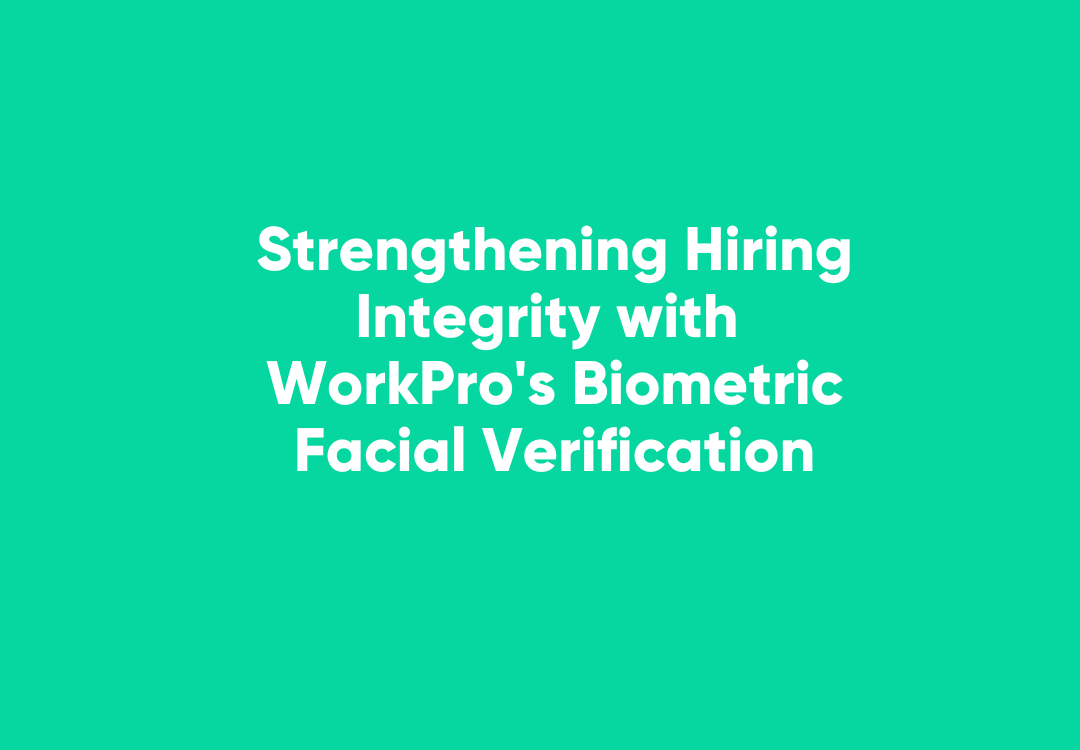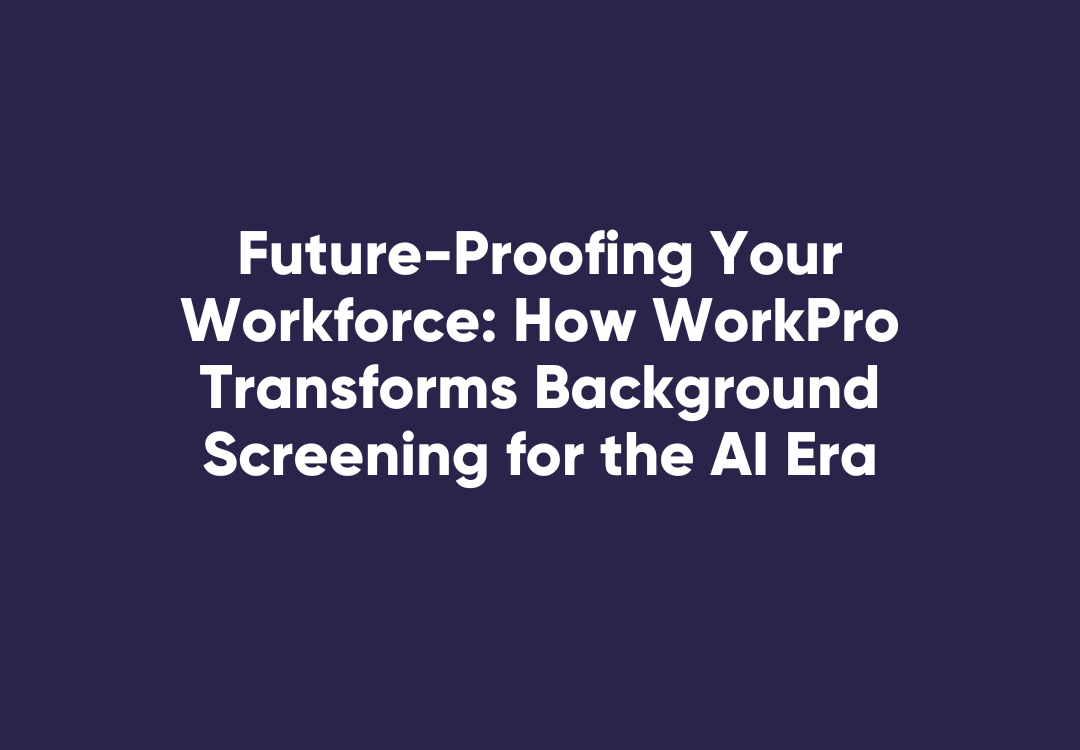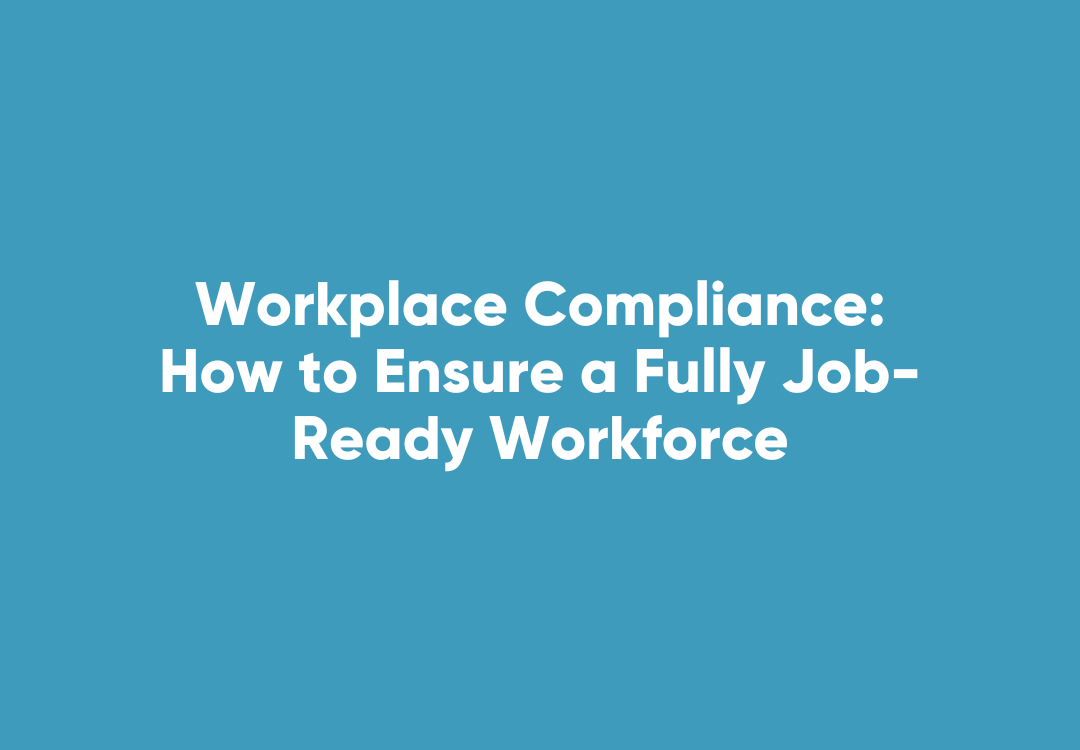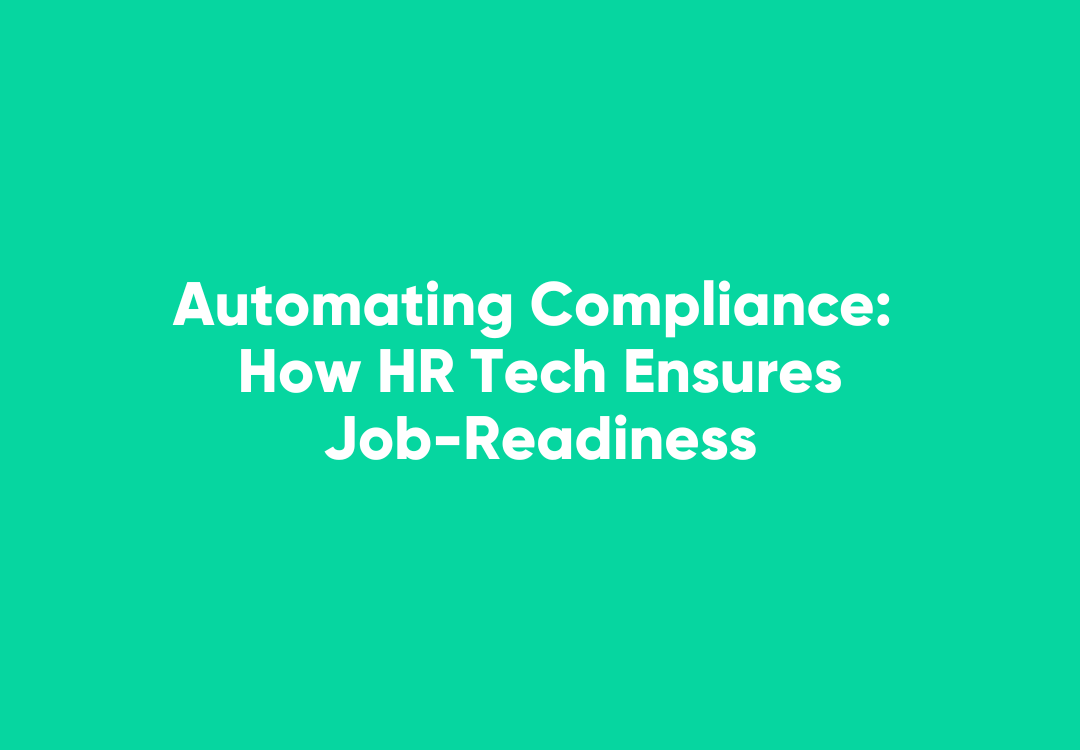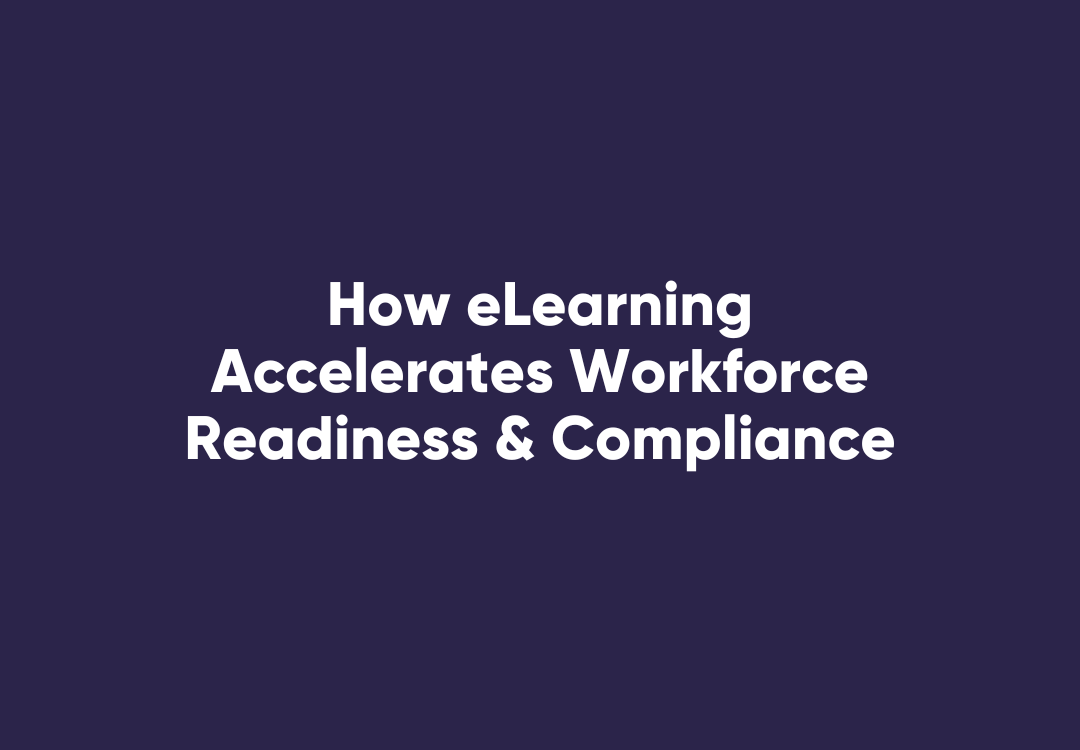Psychosocial Safety Climate Factor – The New Buzzword
Have you heard the new buzzword – ‘Psychosocial safety climate factor’?
If not, this is one you want to get your head around as you’ll be hearing a lot more of this term in to the future.
It relates to the psychological health of workers.
Worker’s compensation claims in Australia over the last 10 years indicate a steady increase in psychological injuries and these type of claims incur the largest proportion of expense in relation to compensation claims (Safe Work Australia:
The Incidence of Accepted Workers’ Compensation Claims for Mental Stress in Australia, April 2013).
A recent study conducted by the University of South Australia has published some astonishing findings relating to the impact of work on psychological health and it’s cost to the nation.
"A standout finding is that depression costs Australian employers approximately AUD$8billion per annum as a result of sickness absence and presenteeism and AUD $693 million per annum of this is due to job strain and bullying.” (The Australian Workplace Barometer: Report on psychosocial safety climate and worker health in Australia, May 2015)
If these findings aren’t enough to get you thinking about the psychological health of your workers, then the duties imposed by work health and safety law should.
‘Health’ is defined in the WHS Act as both physical and psychological health.
This means that if you engage workers to work for your organisation, you must do everything reasonable to identify and control the psychological risks that your workers are exposed to.
For example, if you operate in retail, exposure to anti-social behaviour can impact on the psychological health of your workers and therefore, to meet your primary duty of care you are expected to identify and control the risk before it impacts your workers.
You’ve likely heard of a colleague or friend taking stress leave or submitting a stress related worker’s compensation claim.
If a person submits a stress related worker’s compensation claim, and that claim is accepted by the insurer, it suggests workplace factors are contributory to that person’s stress.
The stress or other psychological health condition related claim is likely to have resulted from a ‘psychosocial’ hazard. Psychosocial hazards include:
– Stress
– Violence
– Bullying
– Harassment
– Discrimination
– Job Burnout
– Other workplace stressors
Let’s imagine 5 of your 20 workers are absent from work due to stress claims.
This would strongly suggest that there are psychosocial factors resulting in psychological health conditions.
To provide some clarity on the term ‘psychosocial’, it means relating social conditions to mental health.
Psychosocial factors include:
– Deadlines
– Work load
– Work methods
In the context in which work occurs, including relationships and interactions with:
– Managers and supervisors;
– Colleagues and co-workers; and
– Clients or customers and supervisors
(Guarding Minds @ Work, Canadian Centre for Occupational Health and Safety)
So, what does psychosocial safety climate (PSC) factor mean?
Psychosocial safety climate is defined in the Australian Workplace Barometer:
Report on psychosocial safety climate and worker health in Australia, May 2014 as “an organisation’s true priorities for the protection of worker psychological health that are largely reflected through enacted organisational policies, practices and procedures.”
How do you know what your PSC factor is?
While workplaces are generally pretty good at identifying and managing the physical safety climate, they’re not so great at identifying and managing psychological risks factors.
The University of South Australia study found that:
“Results for Australia show that many industries fall below the 2009-10 benchmark of 41 where workplaces support practices and processes that actively promote positive employee health and wellbeing.”
And “PSC levels for the majority of Australian industries fall in the moderate risk range suggesting that these industries would be experiencing unfavourable levels of psychosocial risk including job strain, potentially leading to poorer health and productivity outcomes.” (The Australian Workplace Barometer: Report on psychosocial safety climate and worker health in Australia, May 2015)
So, how do you achieve a high PSC?
Firstly, developing a psychological health policy alone is insufficient.
The Canadian Centre for Occupational Health and Safety has identified 13 psychosocial factors.
Their Guarding Minds @ Work project highlights that the factors are interrelated and therefore influence one another.
Therefore, it’s not possible to focus on one aspect, such as “organisational culture” and expect high PSC score.
If you really want to achieve a high psychosocial safety climate, then the first step is to undertake an audit of your organisation – this can be done by analysing your organisations existing policies and practices against the Guarding Minds @ Work 13 psychosocial factors by using the GM@W Assessment Resources.
From here you can work on those psychosocial factors that your organisation is deficient in by setting some realistic objectives and targets.



